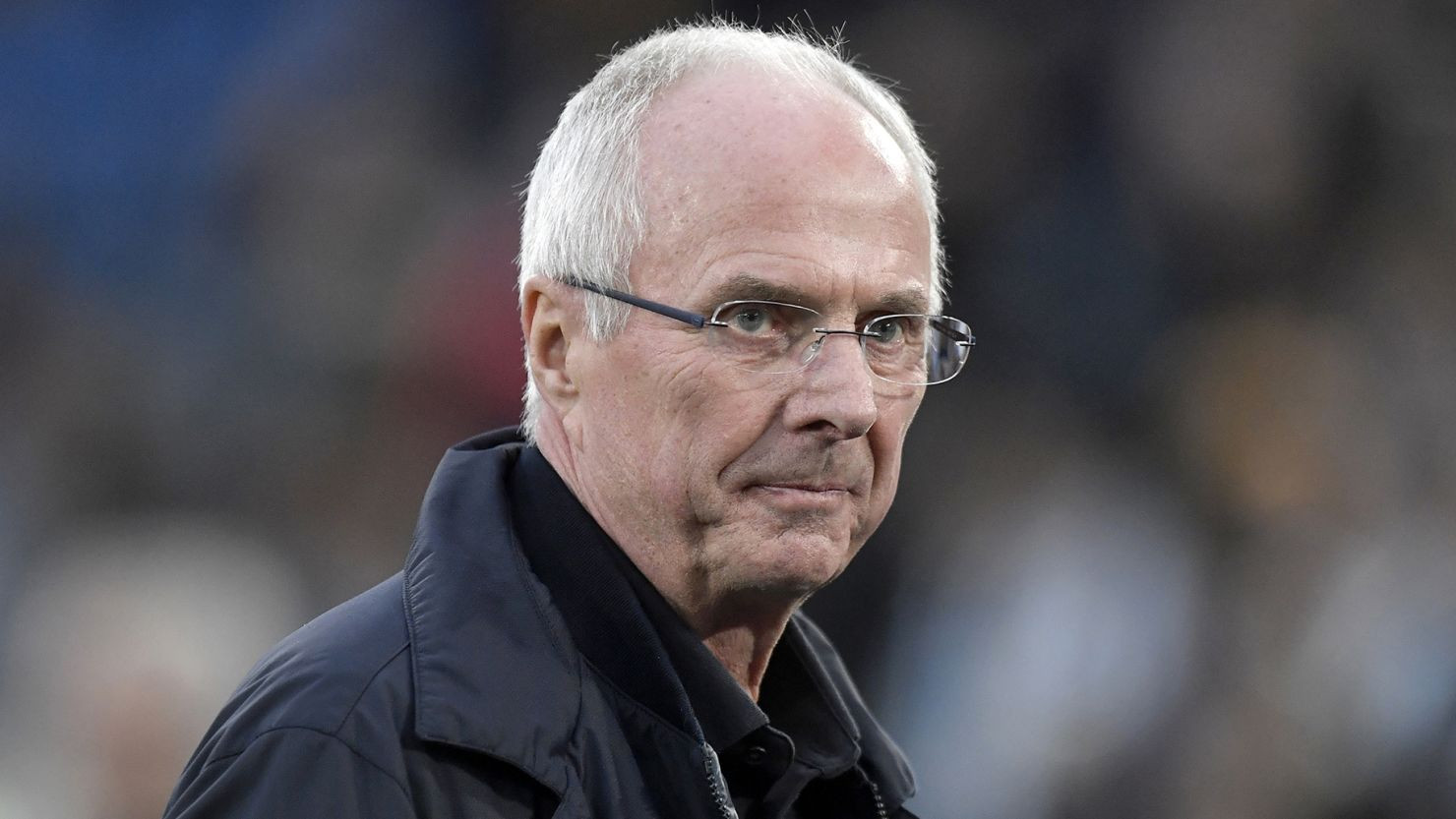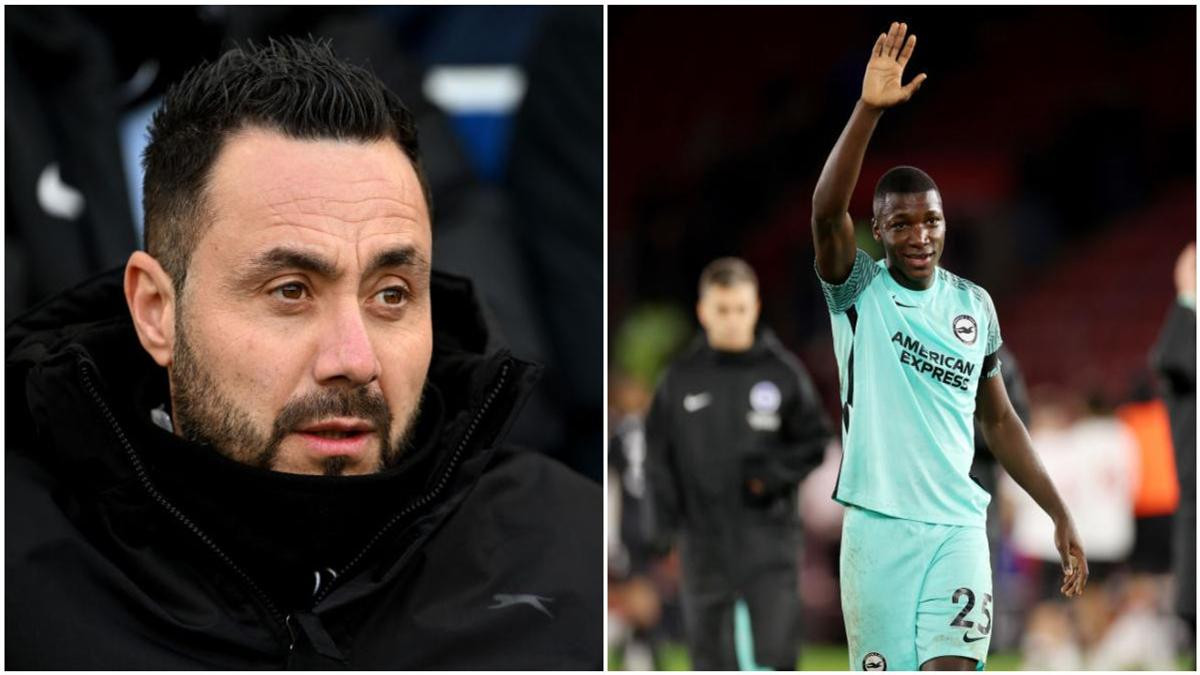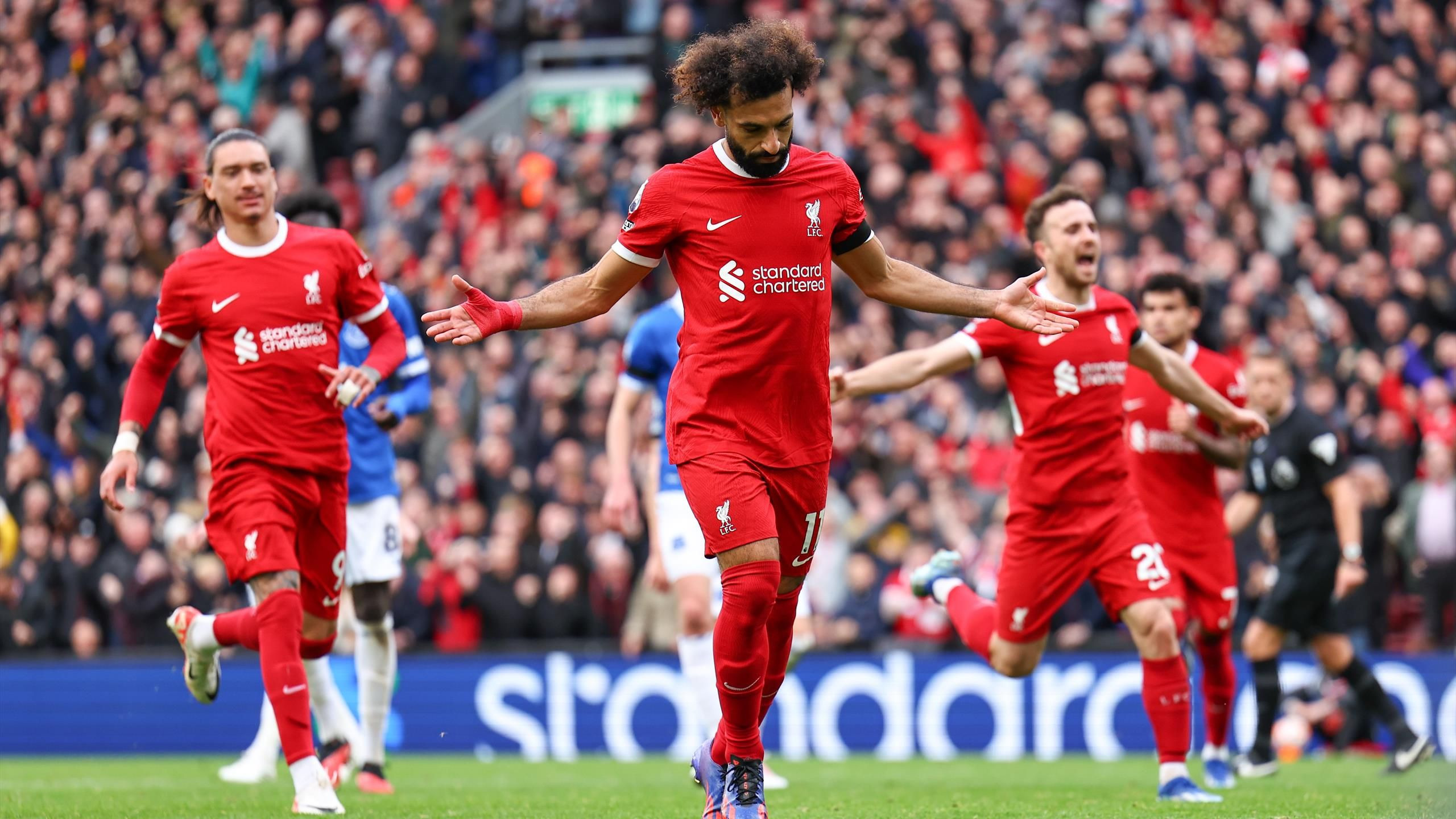Sven-Göran Eriksson, the first foreign manager of England's men's national team, has died. He was 76.
Eriksson revealed in January that he had been diagnosed with terminal pancreatic cancer.
A family statement shared by Eriksson's former agent, Bo Gustavsson, said the Swede passed away at his home on Monday surrounded by his loved ones.
As a manager, Eriksson won 18 trophies between 1977 and 2001 with multiple clubs in Sweden, Portugal and Italy.
Following his success in club management, Eriksson was appointed manager of the England national team, which included notable players such as Steven Gerrard, David Beckham and Wayne Rooney.
However, he was unable to lead the country to success in the World Cup or European Championships as England were knocked out at the quarterfinal stage in three consecutive tournaments between 2002 and 2006.
Eriksson had an unremarkable playing career in his native Sweden before becoming Tord Grip's assistant at Degerfors. Eriksson became head coach when Grip left to take over at Sweden and led the club to promotion.
His success at Degerfors caught the attention of AFK Goteborg in the top tier of Swedish football where he won the UEFA Cup in 1982 -- the first team from the country to win the competition.
Eriksson was then appointed by Benfica who led to the Portuguese league title in his first season in charge.
Following a second consecutive title triumph in 1983-84, the Swede began a 16-year spell during which he managed four Serie A clubs.
He found most success with Lazio, where he secured his reputation as one of Europe's leading coaches by winning Serie A in 2000 -- the second Italian championship in the club's history -- and three other major trophies.
Eriksson became the first non-British manager to be appointed coach of the England national team following Kevin Keegan's shock resignation after his team were beaten by Germany in the final match played at the old Wembley Stadium.
The Swedish coach reinvigorated England's faltering World Cup qualification campaign, which included a memorable 5-1 win over Germany in Munich and a dramatic draw against Greece that secured the country's place in the 2002 tournament.
England were knocked out at the quarterfinal stage by Brazil after Ronaldinho's free kick gave the eventual tournament winners a 2-1 victory in Japan.
More quarterfinal heartbreak followed at Euro 2004 and the 2006 World Cup where, despite being considered among the pre-tournament favourites, England lost on penalties to Portugal on both occasions.
“This is a very sad day,” the English Football Association's (FA) CEO Mark Bullingham said in a statement on Monday. “He gave all England fans such special memories. No one can ever forget the 5-1 victory in Munich against Germany under Sven's guidance.
“Sven will be rightly recognised and forever remembered for his significant work with the England team, and for his wider contribution to the game.”
Bullingham also confirmed that England would pay tribute to Eriksson at their game against Finland in September.
Eriksson left his role after the 2006 World Cup, spending a year out of the game before taking over at Manchester City. Eriksson spent one season in charge at the Etihad after his team struggled to maintain their good form in the early months of the campaign as they eventually finished ninth in the Premier League.
Spells in charge of Mexico, Notts County, Ivory Coast, Leicester City and China followed before Eriksson's coaching career came to an end following his four-month stint as Philippines manager.
Eriksson made one final appearance in the dugout on March, when the boyhood Liverpool fan joined the management team for the Liverpool legends charity match against Ajax. The home side won 4-2.
A Coaching Career Filled With Trophies
Eriksson, fondly known as ‘Svennis’ in his native Sweden, had a modest, nine-year playing career before retiring at the age of 27 and embarking on what proved to be a nomadic coaching career that reached its peak when he was hired by England in 2001.
He won back-to-back Portuguese titles in an initial two-year stint with Benfica (1982-84), as well as the Portuguese Cup in 1983, and returned there to reach the European Cup final in 1990 — losing to AC Milan — and win the league again in 1991.
It was in Italy where he became a major coaching name, primarily at Lazio after spells at Roma (1984-87) and Sampdoria (1992-97) — where he won Italian Cups — and Fiorentina (1987-89).
At Lazio from 1997-2001, he led to the team to only its second league title — in 2000 — after a late-season collapse by Juventus, as well as two Italian Cups and the last ever edition of the European Cup Winners’ Cup (in 1999).
Eriksson’s Lazio could have won Serie A in 1999, too, only to be beaten to the title by a point by AC Milan and also lost the final of the UEFA Cup in ’98.
“It was the best period of my career,” Eriksson said of winning seven trophies in a four-year stretch, at a time when Italy was rivaling Spain as the Europe’s top soccer league.
Eriksson benefited from the heavy spending of its owner, Sergio Cragnotti, at Lazio, with the Scudetto-winning team containing big names like Juan Sebastián Verón, Pavel Nedved and Sinisa Mihajlovic. It continued the following season when the Roman club, seeking to win the Champions League, spent a world-record fee to buy Hernan Crespo and also bought fellow Argentine striker Claudio López but Eriksson didn’t finish the season after being enticed by the England job.
England's First Foreign Manager
Within months, he led an underachieving team to a stunning signature win — 5-1 against Germany in Munich in a World Cup qualifying game.
Eriksson led what was regarded as a “golden generation” of players, including David Beckham, Steven Gerrard and Wayne Rooney, at the World Cups in 2002 and 2006 and got the team to the quarterfinals at both tournaments before elimination by Brazil and Portugal, respectively.
In the only other major tournament under Eriksson — the European Championship in 2004 — England was also ousted at the quarterfinal stage, by Portugal and via a penalty shootout like at the World Cup in 2006.
“We laughed, we cried and we knew we were saying goodbye,” Beckham wrote in a post on Instagram alongside footage of a recent meeting with Eriksson, who made him captain of the national team.
“Sven, thank you for always being the person you have always been — passionate, caring, calm and a true gentleman. I will be forever grateful for you making me your captain but I will forever hold these last memories of this day with you and your family ... Thank you Sven and in your last words to me, ‘It will be ok.’”
Eriksson’s tenure in one of world soccer’s most high-profile jobs was remembered almost as much for what happened off the field as on it. He had two affairs — one with Swedish TV personality Ulrika Jonsson and the other with a secretary at the Football Association, Faria Alam — which kept England’s gossip-hungry newspapers busy.
“My private life was not very private in England,” Eriksson said in 2018.
His time with England coincided with the emergence of a WAG (wives and girlfriends) culture, with the high-profile partners of the players — like Victoria Beckham — making headlines after Eriksson allowed them to come to the World Cup in Germany.
A Legacy Remembered for Both Triumphs and Heartache
Eriksson later had brief spells in charge of the Mexico, Ivory Coast and Philippines national teams but the only silverware he earned came in the club game.
At Swedish team IFK Gothenburg, he won the league-and-cup double in 1982 and capped a stunning season by also capturing the now-defunct UEFA Cup.
Bespectacled and a straight talker, Eriksson was popular with his players throughout his coaching career and was regarded as an excellent man-manager. He exuded a calm authority in the locker room and was never afraid of making big decisions, like selling Guiseppe Signori — the captain and star striker at Lazio — because Eriksson didn’t think the player was a good influence. Lazio won the league the following season.
Eriksson finished his coaching career by managing two clubs in China — Guangzhou and Shanghai SIPG — and more recently had the role of sporting director at Karlstad, a team in Sweden’s third division, before announcing in February 2023 that he’d be standing down for health reasons.
They became widely known 11 months later when Eriksson told Swedish Radio he had terminal cancer, saying: “At best I have maybe a year, at worst maybe a little less.”
“I could go and think about it all the time and sit at home and be grumpy and think I’m unlucky and so on,” he said. “I think that is easily done, that you end up there.
“No, look at things positively and don’t wallow in adversity. Because this is, of course, the biggest setback.”
Swedish Prime Minister Ulf Kristersson said Eriksson “lives on in the hearts of the Swedish people.”
“Svennis’ importance to football, in Sweden and outside Sweden, cannot be overestimated,” Kristersson said. “I can only imagine how many girls and boys have started playing football — and dared to dream — because of his efforts. Thanks for everything Svennis!”
Jan M. Olsen in Copenhagen, Denmark, contributed to this report
AP soccer: https://apnews.com/hub/soccer
Copyright 2024 The Associated Press. All Rights Reserved.

















